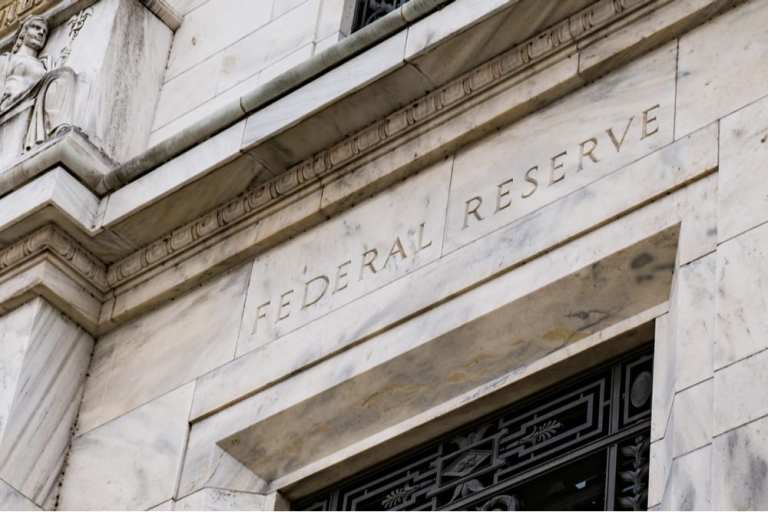Credit Card Interest Rates Rise To Near-Record Levels

The average interest rates on credit cards are nearing record levels, in spite of a 50-basis-point decline on a 10-year note yield.
Bloomberg is reporting that the U.S. prime lending rate, which banks charge to their best credit customers, is now at almost its lowest point ever due to Federal Reserve monetary policy.
However, the distance between an average annualized rate and a prime rate on credit cards is getting bigger; at the end of August, it was almost at its largest amount ever.
A number of credit card issuers have been trying to attract new business with rewards instead of lowering rates. Also, there has been an uptick in delinquency at smaller card issuers, so there could be some incentive to keep the spread.
Federal Reserve data shows that the gulf between delinquency rates at the 100 biggest banks and others is getting wider as well. Large bank delinquent accounts in Q2 were at 2.44 percent, but other banks saw much larger numbers – between 5.73 percent and 6.34 percent. That spread is also at the highest it’s ever been.
Credit card spending is also the highest it has ever been recently, as the market for Mastercard and Visa is higher than $600 billion. More than 100 million new credit card accounts have been added since 2010, which means the total amount of customers was at 486.5 million in Q2. This means the potential credit card spending power now resides at $3.8 trillion, which is an increase of $1.1 trillion since 2010. Outstanding credit card debt has increased to $870 billion.
In other Federal Reserve news, the organization’s buildup to faster payments innovation came to a head in August when it announced FedNow, its proposed real-time payments infrastructure under the draft of the Payments Modernization Act of 2019. However, reception for the initiative was not universally positive.
The U.S. House Committee on Financial Services Task Force on Financial Technology held a hearing on Sept. 26 titled “The Future of Real-Time Payments” to discuss the development of FedNow and its implications for the U.S. payments ecosystem. Despite some previous pushback, the Fed, represented by Federal Reserve Bank of Kansas City President and Chief Executive Officer Esther L. George, was met with widespread support from her fellow witnesses.